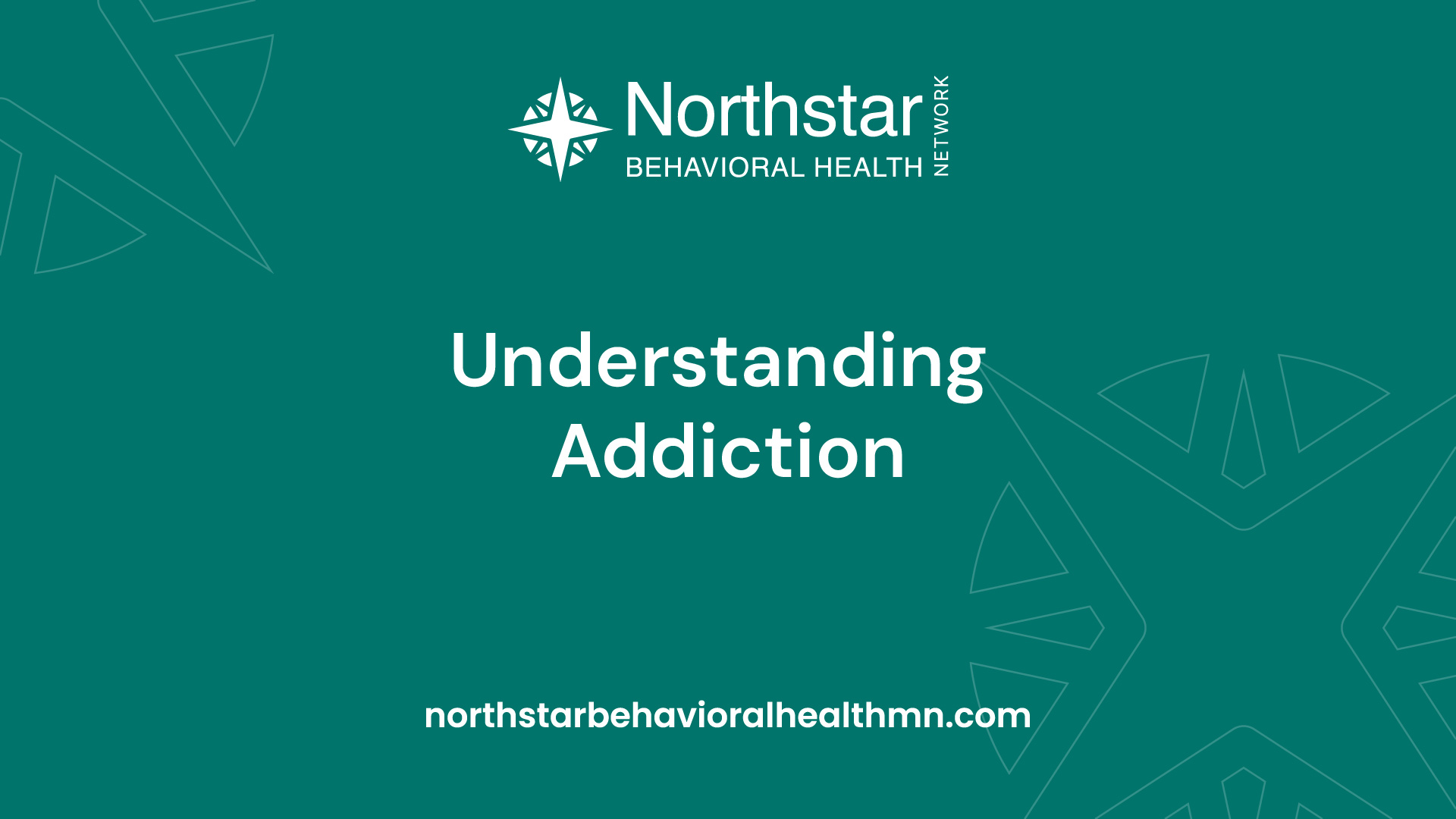August 27, 2024
The Six Key Roles Of Family Members In Addiction Recovery
Discover the six common roles of the family members of addicts that can empower recovery and foster healing.


Roles of Family Members in Recovery
Family support plays a vital role in the recovery journey of individuals struggling with addiction. It can significantly influence the healing process and provide a sense of belonging and stability. Families can foster an environment that encourages recovery, making it essential for family members to understand their roles in this process. Research shows that positive family involvement can reduce the likelihood of relapse and promote long-term recovery.
Six Key Roles Played by Family Members
Family members assume various roles during the recovery journey, each contributing to the addict's healing process. These roles can help create a supportive environment, leading to better outcomes for the individual in recovery. Below are the six common roles of the family members of addicts:
- The Encourager: Provides emotional support and offers hope.
- The Educator: Understands addiction and educates themselves and the addict.
- The Advocate: Speaks up for the addict and seeks help and resources.
- The Listener: Listens without judgment and provides a safe space for communication.
- The Motivator: Encourages progress and celebrates achievements.
- The Boundary Setter: Establishes healthy boundaries and enforces consequences and self-care.
Each of these roles plays a crucial part in fostering a supportive recovery environment. Family members can learn more about how to best support their loved ones by exploring resources related to Chris Herren’s “REBOUND”: A Journey of Overcoming Drug Addiction and understanding how addiction impacts the family as a whole.
The Encourager
Family members play a crucial role in the recovery process of individuals battling addiction. Among these roles, the position of the Encourager stands out as essential for fostering a supportive environment that promotes healing and growth.
Providing Emotional Support
Emotional support is vital for anyone on the journey to recovery. The Encourager offers a listening ear and a compassionate heart. They create a nurturing atmosphere that allows the individual to express their feelings without fear of judgment. This type of support can significantly impact an addict's motivation and willingness to seek help.
Type of Support & Description:
- Active Listening: Paying attention and validating feelings.
- Empathy: Understanding and sharing feelings of the addict.
- Non-Judgmental Attitude: Creating a safe space for openness.
By being present and emotionally available, family members can reinforce the addict's sense of worth and hope, which are critical components of recovery. For more insights into the emotional aspects of addiction, see our article on addiction is a family disease.
Offering Encouragement and Hope
Encouragement is a powerful tool in recovery. The Encourager consistently reminds the individual of their strengths and potential for change. Simple affirmations, such as "I believe in you" or "You can do this," can uplift spirits and fuel determination.
Providing hope involves highlighting progress and celebrating small victories. Recognizing milestones, no matter how minor, can inspire continued effort. Family members can create a rewards chart to visually track progress, which can serve as a motivational tool.
Encouragement Strategies & Impact:
- Affirmations: Boost self-esteem and confidence.
- Celebrating Milestones: Reinforces positive behavior and motivates further progress.
- Sharing Success Stories: Provides relatable examples of recovery.
By embodying the role of the Encourager, family members contribute significantly to the addict's recovery journey. For additional strategies and insights on the recovery process, explore our article on four important things about relapse.
The Educator
Education plays a vital role in the recovery journey for both the addict and their family members. Understanding the complexities of addiction can help family members provide better support and create a nurturing environment for recovery.
Understanding Addiction

Addiction is a multifaceted issue that affects not only the individual but also their loved ones. Family members should strive to understand the nature of addiction, including its psychological, physical, and emotional aspects. This knowledge can foster empathy and patience, which are crucial when dealing with the challenges of recovery.
Aspect of Addiction & Description:
- Psychological: Addiction alters brain chemistry, affecting decision-making and impulse control.
- Physical: Withdrawal symptoms can make it difficult for an individual to stop using substances.
- Emotional: Addicts may experience anxiety, depression, and mood swings during recovery.
By grasping these aspects, family members can better support their loved ones through the recovery process. Resources like Chris Herren’s “REBOUND”: A Journey of Overcoming Drug Addiction can provide further insights into the challenges faced by those overcoming addiction.
Educating Themselves and the Addict

Family members should actively seek knowledge about addiction and recovery. This can involve reading books, attending workshops, or participating in support groups. By educating themselves, they can empower the addict and help them navigate the recovery landscape.
Here are some effective educational approaches:
- Reading: Books and articles about addiction can provide valuable insights.
- Workshops: Attending educational workshops can promote understanding of recovery strategies.
- Support Groups: Engaging in family support groups allows for shared experiences and knowledge.
Additionally, encouraging the addict to learn about their condition can be beneficial. This may involve discussing the importance of treatment options, coping strategies, and recognizing triggers. Resources such as four main triggers for relapse in recovery can be helpful in this aspect.
By taking on the role of educators, family members can foster a supportive environment, paving the way for successful recovery. Understanding and education are key elements in the journey toward healing, both for the addict and their loved ones.
The Advocate
Family members play a crucial role in supporting their loved ones through the journey of recovery. One of the most significant roles is that of the advocate. This role involves speaking up for the addict and actively seeking help and resources to aid in their recovery journey.
Speaking Up for the Addict

Advocacy is essential in ensuring that the addict receives the necessary support and treatment. Family members can use their voices to represent the needs and concerns of their loved ones, especially in situations where the addict may feel overwhelmed or unable to express themselves. This can include:
- Communicating with healthcare professionals: Family members can facilitate conversations with doctors, therapists, and counselors to ensure that the addict's needs are understood and met.
- Navigating treatment options: They can help research and identify suitable treatment programs, support groups, and rehabilitation centers that align with the addict's specific circumstances.
- Participating in family therapy: Engaging in therapy sessions can provide a platform for family members to voice their concerns and advocate for the addict's wellbeing.
Seeking Help and Resources
In addition to speaking up, family members also play a vital role in seeking help and resources. This proactive approach can significantly impact the addict's recovery journey. Here are some ways family members can assist:
- Support Groups: Joining groups such as Al-Anon or Nar-Anon can provide emotional support and guidance for family members of addicts.
- Educational Materials: Reading books and articles, including Chris Herren’s “REBOUND”: A Journey of Overcoming Drug Addiction, can help family members understand addiction better.
- Professional Help: Finding therapists or counselors specializing in addiction can provide tailored support for both the addict and their family.
- Hotlines and Helplines: Many organizations offer confidential support through hotlines, making it easier for family members to seek immediate help.
By being advocates, family members not only support their loved ones but also empower themselves with knowledge and resources. This role is one of the six common roles of the family members of addicts that can lead to a more effective recovery process. Engaging in advocacy helps create a supportive environment that is crucial for healing.
The Listener
In the journey of recovery, the role of the listener is vital. Family members who embrace this role provide a supportive environment that fosters open communication and understanding.
Listening without Judgment
Listening without judgment is a fundamental aspect of being a supportive family member. When individuals struggling with addiction feel safe to express their thoughts and feelings, they are more likely to open up about their challenges and fears. This kind of unconditional support can significantly impact their recovery journey.
Key aspects of non-judgmental listening include:
- Active Listening: Engaging fully in the conversation, showing genuine interest.
- Empathy: Understanding and validating the addict's feelings.
- Avoiding Criticism: Refraining from negative comments or blame.
- Open-Ended Questions: Encouraging deeper discussion by asking questions that can't be answered with a simple 'yes' or 'no'.
By practicing these aspects of listening, family members can create a safe space for the addict to share their experiences without fear of criticism.
Providing a Safe Space for Communication
Creating a safe space for communication is essential for fostering trust and openness. Family members can achieve this by ensuring that conversations occur in a comfortable setting, free from distractions or interruptions. This environment allows the individual to express themselves freely and honestly.
Important elements of a safe communication space include:
- Privacy: Ensuring conversations remain confidential to build trust.
- Respect: Valuing the individual's feelings and opinions.
- Consistency: Being available for discussions regularly, reinforcing support.
For those interested in learning more about the impact of family dynamics on recovery, the concept that addiction is a family disease is crucial to understanding the broader implications of support in recovery.
By embodying the role of the listener, family members not only contribute to the healing process but also strengthen their relationships, ultimately playing a significant part in the individual's journey toward recovery. For additional insights on overcoming addiction, consider exploring Chris Herren’s story in Chris Herren’s “REBOUND”: A Journey of Overcoming Drug Addiction.
The Motivator
Family members play a crucial role as motivators in the recovery journey of an addict. They can significantly influence the addict's progress and help instill a sense of hope and determination.
Encouraging Progress and Growth
Encouragement from family members can be a powerful motivator for individuals overcoming addiction. This support fosters an environment where the addict feels empowered to make positive changes. Family members should focus on recognizing small steps toward recovery and reinforcing those efforts.
Encouragement Techniques & Description:
- Positive Reinforcement: Acknowledge and praise efforts, no matter how small.
- Setting Goals: Help establish achievable short-term goals to build confidence.
- Regular Check-ins: Frequently ask about progress and feelings to show support.
Family members can also help identify triggers that may hinder progress. By being proactive, they can assist the addict in developing coping strategies to handle challenges that arise during recovery. This collaborative approach can enhance motivation and provide a clearer path toward growth.
Celebrating Achievements
Celebrating milestones in recovery is essential for maintaining motivation. Family members should take time to recognize and honor the achievements of the individual overcoming addiction. This acknowledgment not only reinforces positive behavior but also strengthens family bonds.
Achievement Milestones & Celebration Ideas:
- 30 Days Clean: Host a small family gathering or dinner.
- 6 Months Clean: Create a scrapbook of their journey and achievements.
- 1 Year Clean: Plan a special outing or weekend trip to mark the occasion.
Celebrations can serve as reminders of how far the individual has come and encourage them to continue on their path. It is vital for family members to communicate their pride and joy in these moments, fostering an uplifting atmosphere that supports ongoing recovery.
By embodying the role of the motivator, family members can significantly impact the recovery process. Their support can help individuals feel valued and understood, ultimately guiding them toward a healthier and more fulfilling life. For more insights into the roles family members play, explore the six common roles of the family members of addicts.
The Boundary Setter
Establishing and maintaining healthy boundaries is essential for family members of individuals dealing with addiction. These boundaries help create a safe environment for recovery and support both the addict and their loved ones.
Establishing Healthy Boundaries
Healthy boundaries define what is acceptable and what is not in relationships. For family members, this means recognizing the limits of their support and ensuring that they do not enable the addictive behavior. Establishing clear boundaries helps to promote accountability and encourages the addict to take responsibility for their actions.
Family members can establish boundaries by:
- Defining Personal Limits: Family members should communicate their limits regarding behavior, financial support, and emotional involvement.
- Setting Expectations: They should articulate what they expect from the addict in terms of treatment and behavior.
- Communicating Openly: Open and honest communication about feelings and concerns can help clarify boundaries.
Boundary Type & Description:
- Emotional Boundaries: Protecting personal feelings and mental health.
- Financial Boundaries: Limiting monetary support to avoid enabling behavior.
- Physical Boundaries: Establishing personal space and safety measures.
Enforcing Consequences and Self-Care
While setting boundaries is important, enforcing them is equally crucial. Family members must be prepared to follow through with consequences if boundaries are crossed. This can include limiting contact or withdrawing financial support if the addict chooses not to seek help or continues harmful behaviors.
Self-care is also a vital aspect of being a boundary setter. Family members need to prioritize their own well-being to effectively support the recovery process. Engaging in self-care activities can prevent burnout and emotional exhaustion.
Family members can practice self-care by:
- Seeking support from friends, support groups, or counselors.
- Engaging in hobbies or activities that bring joy and fulfillment.
- Taking time for themselves to recharge and reflect.
By establishing healthy boundaries and enforcing consequences, family members can play a significant role in the recovery journey of their loved ones. This approach not only helps the addict find their path to healing but also promotes a healthier dynamic within the family. For more insights on the family’s role in addiction recovery, explore our article on addiction is a family disease.

.jpg)




.jpg)

